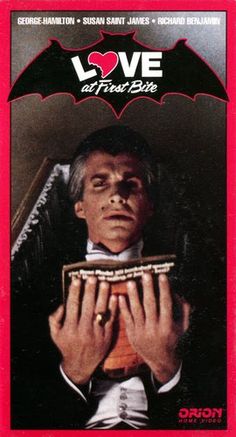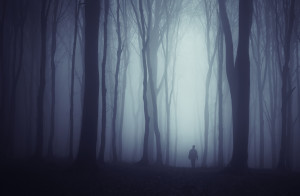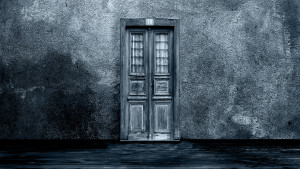I first realized I was in love with monsters when I watched “Love at First Bite” in the late 70’s. Maybe it was George 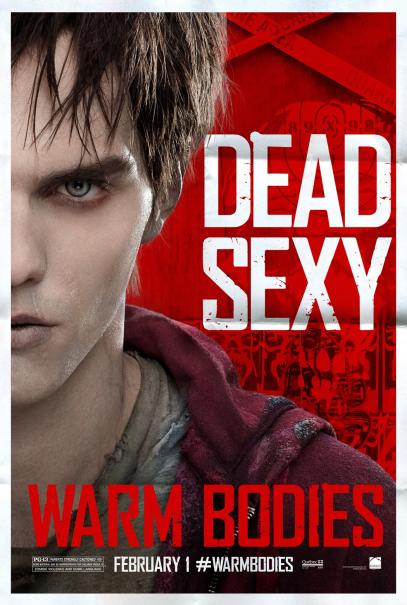 Hamilton, maybe it was Disco, yet that fascination has remained. And yep, just about any monster is acceptable, and I’m not alone. There are a number of women fascinated with romantic leads ranging from vamps, to werewolves, to Frankenstein’s monster, to even Zombies. But why? What do these dangerous men have to offer that your run-of-the-mill bad boy can’t provide? Why are we so turned on by a creature that could horrifically rip us apart? And why do women want to read about such dangerous unhealthy relationships in the first place?
Hamilton, maybe it was Disco, yet that fascination has remained. And yep, just about any monster is acceptable, and I’m not alone. There are a number of women fascinated with romantic leads ranging from vamps, to werewolves, to Frankenstein’s monster, to even Zombies. But why? What do these dangerous men have to offer that your run-of-the-mill bad boy can’t provide? Why are we so turned on by a creature that could horrifically rip us apart? And why do women want to read about such dangerous unhealthy relationships in the first place?
First of all, let’s recognize that we’re focusing on going for the bad boy as entertainment, not real life. In real life, a woman’s need to have relationships with men that fit the “bad-boy” sterotype is usually related to daddy issues. But there are some similarities between the woman’s outlook of why she goes for the bad-boy in real life and why the rest of us go for the monster in our entertainment.
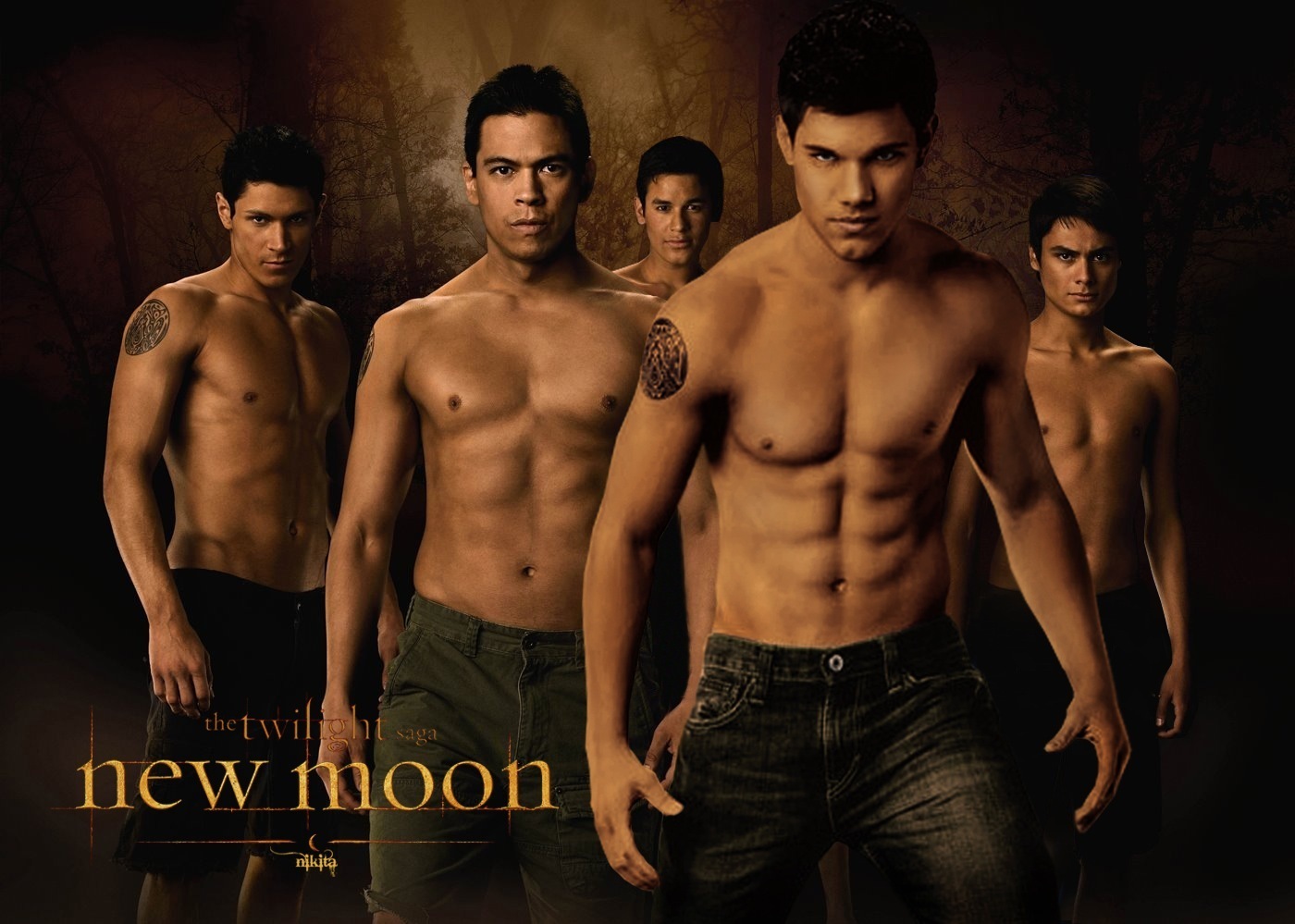 In a post at http://www.theproblemismen.com/rants/badboys, the woman’s perspective is discussed. Number one reason for a bad boy? Great sex. Women assume that a tough, masculine looking man will be more fun in bed. And if a bad boy, with all his muscles, smoldery eyes, and tough attitude is good then imagine a werewolf! That bad boy would have it all and more! So who wins a pissing contest between them? No contest.
In a post at http://www.theproblemismen.com/rants/badboys, the woman’s perspective is discussed. Number one reason for a bad boy? Great sex. Women assume that a tough, masculine looking man will be more fun in bed. And if a bad boy, with all his muscles, smoldery eyes, and tough attitude is good then imagine a werewolf! That bad boy would have it all and more! So who wins a pissing contest between them? No contest.
Next reason, the challenge. The woman says to herself, “I want to be so amazing that his love for me will change him into a kind of bad boy/nice guy,  who will be dependable, protective, and stay with me forever.” Um…reality check! But since when are we looking for reality checks in our fiction? I know that I can’t single-handedly bring down a dragon with a dinky sword, but that doesn’t mean I wouldn’t love to imagine that I could. With monster vs. human, it’s amazing for a man to change his rough attitude for a woman, but a being that is basically coded to kill people in order to survive. Now that’s a challenge. Hence, “Twilight.”
who will be dependable, protective, and stay with me forever.” Um…reality check! But since when are we looking for reality checks in our fiction? I know that I can’t single-handedly bring down a dragon with a dinky sword, but that doesn’t mean I wouldn’t love to imagine that I could. With monster vs. human, it’s amazing for a man to change his rough attitude for a woman, but a being that is basically coded to kill people in order to survive. Now that’s a challenge. Hence, “Twilight.”
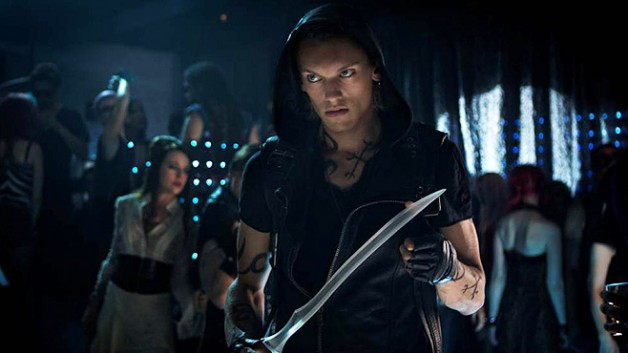 Like the best rollercoasters, bad boys give us a thrill. Hanging out with the bad boys is a way to rebel against society norms, against parents, against expectations…and we tend to find those things thrilling. Would mom be upset if we dated a drummer with tatts, face-rings, and occasional drug use? Well, how about a being with tatts, face-rings, daddy-issues, weapons, and who kills demons on a regular basis? (Cassandra Clare’s “The Mortal Instruments.”)
Like the best rollercoasters, bad boys give us a thrill. Hanging out with the bad boys is a way to rebel against society norms, against parents, against expectations…and we tend to find those things thrilling. Would mom be upset if we dated a drummer with tatts, face-rings, and occasional drug use? Well, how about a being with tatts, face-rings, daddy-issues, weapons, and who kills demons on a regular basis? (Cassandra Clare’s “The Mortal Instruments.”)
Okay, so now that we’ve established that monsters are badder than bad-boys in every way, who in their right mind would want a bad boy as a boyfriend?  Though rollercoaster rides sometimes seem too short, we wouldn’t want them to never end. And isn’t that what fiction is all about? The ride? Reading allows us a vicarious experience that deep down we know we would never want to be our reality. Some reading helps us think about topics in ways we never have before, we might become better people, but sometimes it’s an escape, a thrilling ride of impossibility before we go back to our ordinary, safe, and quite blissful lives.
Though rollercoaster rides sometimes seem too short, we wouldn’t want them to never end. And isn’t that what fiction is all about? The ride? Reading allows us a vicarious experience that deep down we know we would never want to be our reality. Some reading helps us think about topics in ways we never have before, we might become better people, but sometimes it’s an escape, a thrilling ride of impossibility before we go back to our ordinary, safe, and quite blissful lives.
Don’t worry that because your daughter has a fascination with Twilight that she will think her life will be happier with a former murderer/stalker/bad-boy.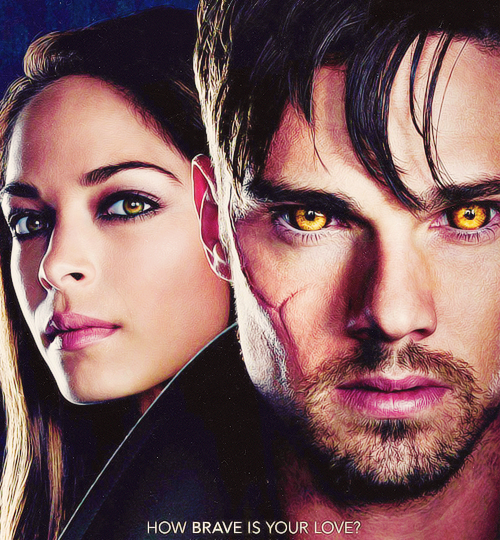 Reality slaps all of us in the face enough that we figure out pretty soon that those aren’t the guys we really want to try building a future with. There are exceptions, and bad guys can change, but most of us recognize the majority rule. Playing with the monsters, aliens, and bad guys in entertainment is just that, entertainment. It’s a story line that I particularly enjoy and if you’ve read my Mankind’s Redemption books then you know that the monster/bad-boy protagonist is one of my sandboxes.
Reality slaps all of us in the face enough that we figure out pretty soon that those aren’t the guys we really want to try building a future with. There are exceptions, and bad guys can change, but most of us recognize the majority rule. Playing with the monsters, aliens, and bad guys in entertainment is just that, entertainment. It’s a story line that I particularly enjoy and if you’ve read my Mankind’s Redemption books then you know that the monster/bad-boy protagonist is one of my sandboxes.
And next time you think you might want to ridicule the power of the monster, think about the kinds of books you enjoy. Would you really want to apply the situations and what your protagonists do and say into your real life? Would you really want to fight a gladiator to the death? In real life, do you think you’d win? Didn’t think so. Then don’t mock us, join us. We are brothers and sisters comprised of readers who extend their imaginations. Best. Rollercoaster. Ever!
 Colette Black lives in the far outskirts of Phoenix, Arizona with her family, 2 dogs, a mischievous cat and the occasional unwanted scorpion. She loves learning new things, vacations, and the color purple. She writes New Adult and Young Adult sci-fi and fantasy novels with kick-butt characters, lots of action, and always a touch of romance.
Colette Black lives in the far outskirts of Phoenix, Arizona with her family, 2 dogs, a mischievous cat and the occasional unwanted scorpion. She loves learning new things, vacations, and the color purple. She writes New Adult and Young Adult sci-fi and fantasy novels with kick-butt characters, lots of action, and always a touch of romance.

